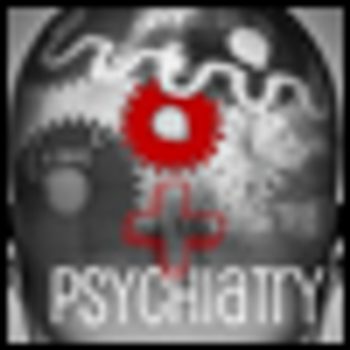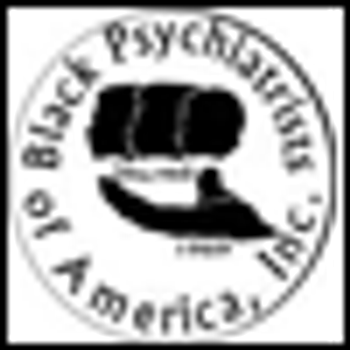
Two perspectives regarding the American Board of Psychiatry and Neurology’s (ABPN) Maintenance of Certification (MOC) program.

Two perspectives regarding the American Board of Psychiatry and Neurology’s (ABPN) Maintenance of Certification (MOC) program.

Gene therapy (sometimes called gene replacement therapy) attempts to ameliorate genetic-based disorders by introducing corrected genes into affected patients.

When it comes to analgesics, many options and various factors must be weighed to make the best choice for each patient.

In our survey, we found videophones a surprisingly understudied and underutilized tool in spite of the fact that they are easy to use and do not require any technical support.

Nonadherence to treatment by patients represents one of the most prevalent and important challenges to the practice of psychiatry.

Given Dr Liberman’s remarkable productivity and his amazing capacity to keep his finger on the pulse of the field, I expect to find practical guidance in such circumstances in the next edition of Recovery From Disability.

More details on the APA Assembly meeting in Washington discussing Desmond Tutu being designated as convocation speaker for the American Psychiatric Association’s recent annual meeting.

The goal of the survey was to go beyond ethical lessons, useful as these may be, and to learn how Psychiatric Times’ readers-who are on the front line of psychiatric practice-handle a series of hypothetical ethical scenarios.

Long ago, when I became a doctor . . .I heard the sounds of pheasants drumming . . .in our chests, studied our eggs, our courtship

Had the National Rifle Association (NRA) had its way and Bill 432 had been voted into law in Florida, physicians in that state would have been prohibited from asking their patients whether they have access to firearms.

It is still possible for a psychiatrist to have a successful and very gratifying practice that provides psychotherapy (along with medication to those who need both)-even “in a managed care environment.”

How accurate is this picture, and what explains the changing patterns of psychiatric practice? Gardiner Harris and The New York Times were near these important stories and missed them.

The challenge to learn enough relevant information about a patient in brief medication (and evaluative) sessions still exists. And there is also the challenge of picking a medication that will be acceptable and valued-both from a symbolic and biological standpoint.

We will have many medications in the future, he prophesied; that will not be a problem. Our challenge will be in teaching doctors how to use them, “otherwise it would be like giving a driver’s license to someone who can’t drive.”

On behalf of the Black Psychiatrists of America, we are writing to the American Psychiatric Association regarding the recent “issues” that have been raised by some members of your association with respect to Archbishop Tutu being this year’s convocation speaker at your annual meeting in Hawaii in May.

If you’ve ever wondered what psychoanalytic treatments are like, The King’s Speech provides an unusually good cinematic representation of a psychoanalytic therapy.

Excellence in psychopharmacology demands sensitivity to the associated ethical considerations. The key considerations of psychiatry are both complex and dynamic, and psychiatrists who develop and refine their ethics skill set will be in a better position to anticipate and respond to ethical dilemmas as they arise in their practice.

Like every drug or technology that has therapeutic value, MDMA (3,4-methylenedioxymethamphetamine) has potential risks and benefits. Unlike most other drugs under clinical investigation, MDMA has a complex and controversial history that has delayed dispassionate scientific investigation into its therapeutic use.